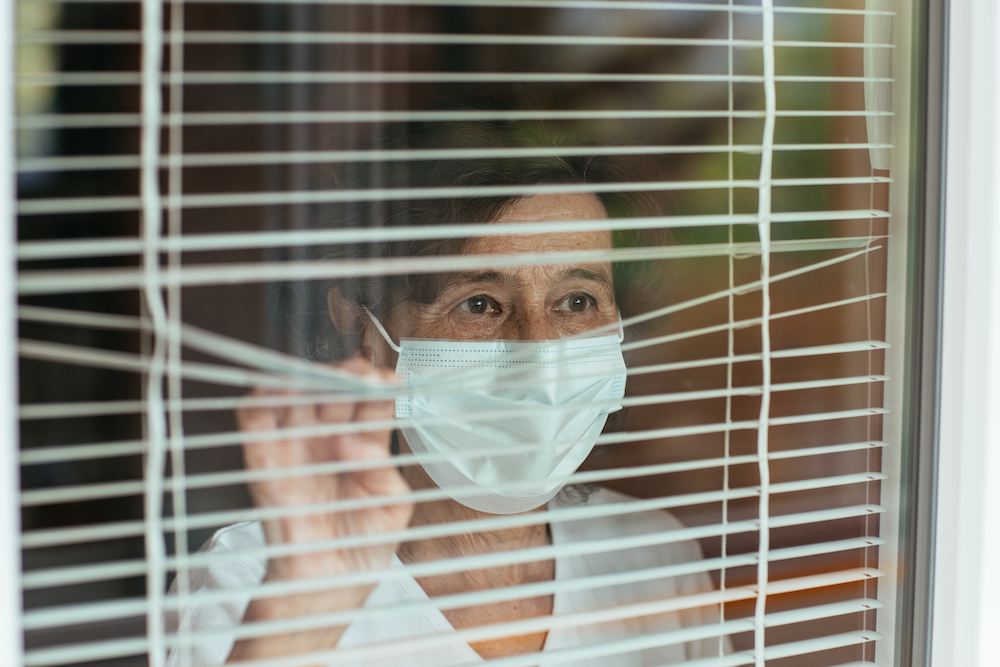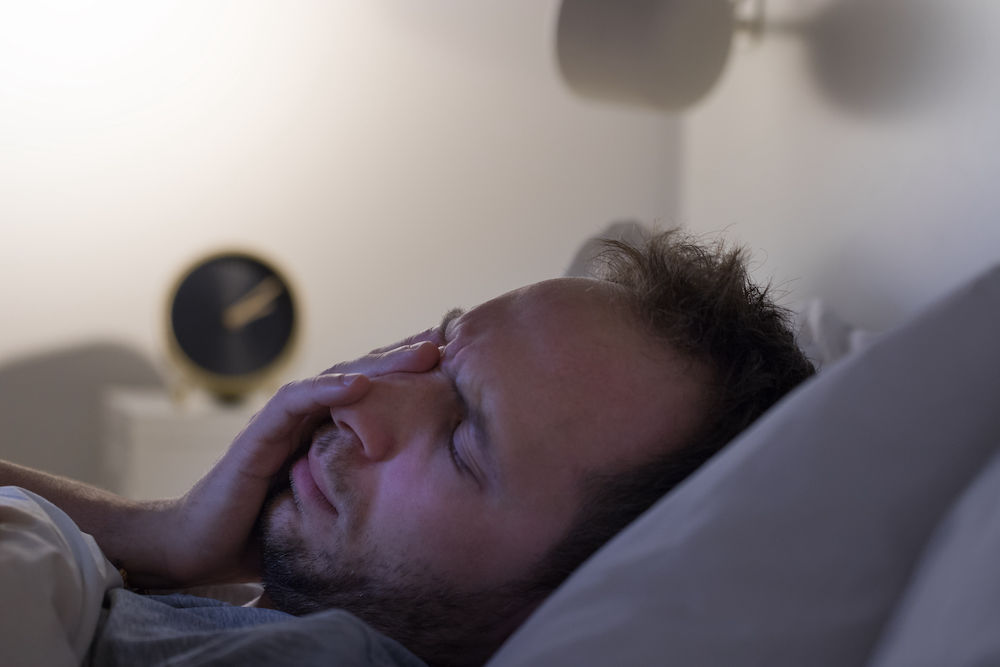Use Cases

Determining COVID-19 Related Risk Markers
By collecting information about daily patterns, usage, and risk identifiers such as sleep patterns, heart rate variability, respiratory impacts; passive sensing can also play a role in COVID-19 monitoring for risk related markers. These markers can be used to detect subtle changes, where an individual's nighttime temperature could be indicative of an infection and could drive an Ecological Momentary Assessment to better understand the symptoms they are perceiving.

Determining Sleep Related Risk Markers
By collecting information about environment related risks, like noise, ambient light, and temperature reading, while observing the number of nighttime awakenings and duration in varying sleep phases while combined with resting heart rates; passive sensing can help in identifying challenges that may lead to cognitive recall and alertness throughout the day.

Determining Isolation Related Risk Markers
Changes in social behaviors, call time, online usage and classification of application types and screen time can help inform if an individual is being socially removed from regular communication and may be indicative of risks to social-isolation and loneliness. Creating automate mechanism from passive sensing to sponsor conversations may help to improve mood and other mental wellness related risks associated.
Case Study

EchoTrace Proves Itself as a Groundbreaking Mobile Behavioral Data Collection Tool
The Adolescent Brain Cognitive Development (ABCD) study invested $290 million to track 12,000 children’s brain maturation and the effects of screen time in a landmark 10-year study. When ABCD approached Vibrant for measuring mobile screen-time usage across a large cohort of adolescents, no researcher had been able to accurately manage the data collection needs; until Vibrent.

